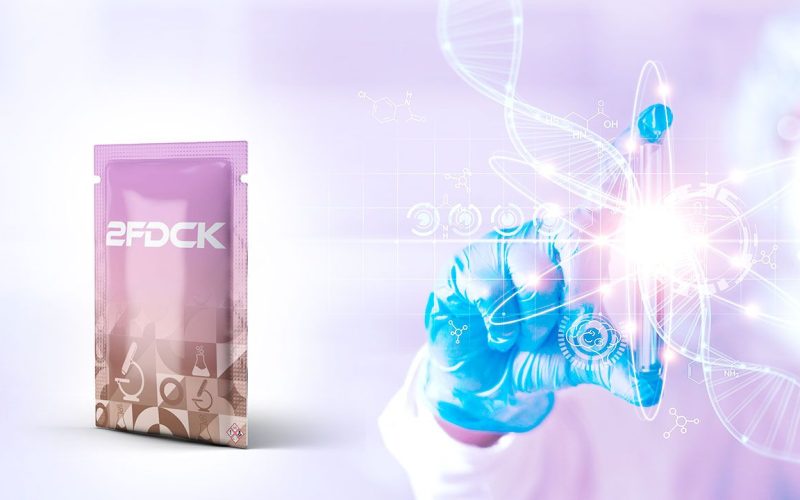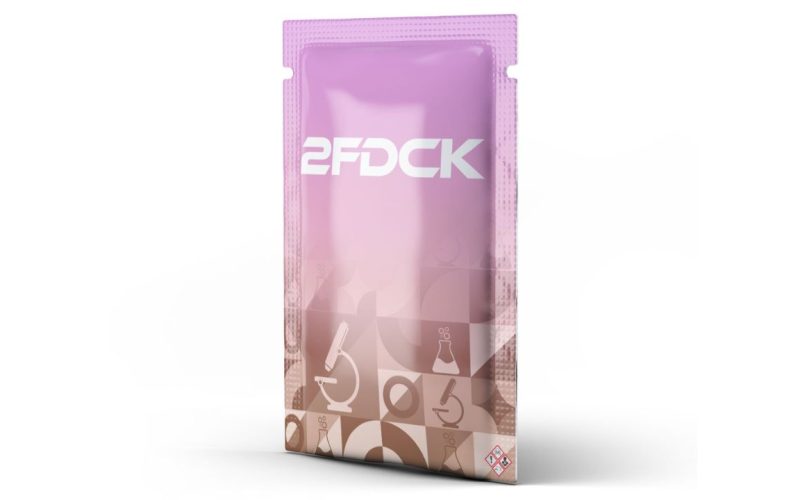2FDCK Effects
Aimimichem is your partner in scientific exploration. Our top-tier research chemicals are designed for breakthroughs. Shop with us for exceptional quality and service.

The Effects of 2FDCK: An In-Depth Examination
2-Fluorodeschloroketamine, or 2FDCK, is a research chemical closely related to ketamine with a growing interest in its effects and potential applications in scientific studies. Aimimichem, known for their expertise in providing high-quality research chemicals like 3CMC, offers 2FDCK strictly for research purposes. This article focuses solely on the effects of 2FDCK, adhering closely to the topic without deviation.
Exclusive 2FDCK Updates
Stay Informed: Buy 2FDCK
Join our Telegram channel for the latest updates and exclusive promotions on. 2FDCK. Be the first to know about new stock arrivals, special discounts, and cutting-edge research insights. Enhance your scientific endeavors with Aimimichem.

Understanding 2FDCK
2FDCK is part of the arylcyclohexylamine chemical class, which is known for its psychoactive properties. This compound is structurally similar to ketamine, with a key difference being the replacement of a chlorine group with a fluorine group. This modification potentially influences its pharmacological activity, although it retains many of ketamine’s dissociative properties.

Pharmacological Effects
Dissociative Effects
Like ketamine, 2FDCK is known to produce dissociative effects. These effects are primarily due to its action on the N-methyl-D-aspartate (NMDA) receptors in the brain, which are involved in mood regulation and pain perception. The dissociative state induced by compounds like 2FDCK is characterized by a sense of detachment from one’s self and the environment, which is why it is often studied in contexts related to anesthesia and treatments for depression.
Potential Neurological Impact
Research suggests that 2FDCK, by affecting NMDA receptors, could also influence neuroplasticity—the brain’s ability to reorganize itself by forming new neural connections. This property is of particular interest in the study of treatments for neurological disorders that involve cognitive decline.

Psychological Effects
Mood Alteration
Studies are exploring the mood-altering effects of 2FDCK, particularly its potential to induce euphoria and relaxation. These effects are crucial for understanding how dissociative substances can alter mood states and potentially counteract symptoms of mood disorders.
Perception Changes
Users of 2FDCK in research settings have reported altered perceptions, including changes in visual and auditory perceptions and a heightened sense of bodily dissociation. These effects make 2FDCK a valuable tool for studying the neural mechanisms underlying perception and consciousness.
We only sell our products to customers aged 18 years or over, for purposes of research only.
Potential Therapeutic Effects
Analgesia
Similar to ketamine, 2FDCK might possess analgesic effects, which could be beneficial in developing new painkillers that do not have the addictive properties of conventional opioids. Research into its analgesic capabilities could pave the way for new treatments for chronic pain that are both effective and have a lower risk of dependency.
Antidepressant Properties
Emerging research indicates that 2FDCK could have rapid-acting antidepressant effects, similar to those observed with ketamine. This has significant implications for the treatment of depression, particularly in cases where patients do not respond to traditional antidepressants.
Safety and Regulatory Status
As with all research chemicals, the safety of 2FDCK is a paramount concern. Aimimichem ensures that all their products, including 2FDCK, are rigorously tested and comply with Dutch laws and REACH regulations to ensure they are handled responsibly. It is marketed solely for research use, emphasizing that it is not for human consumption, which aligns with ethical research standards and safety regulations.

Conclusion: 2FDCK Effects
The effects of 2FDCK provide a broad spectrum of opportunities for scientific research, particularly in understanding dissociative states, pain management, and potential antidepressant properties. As research continues to unfold, substances like 2FDCK are crucial for advancing our understanding of neuropharmacology and developing new therapeutic methods. Aimimichem remains at the forefront of supplying high-quality research chemicals, ensuring that these studies can be conducted safely and within the bounds of regulatory compliance.
Have Any Questions
We've answers
2FDCK, or 2-Fluorodeschloroketamine, is a chemical analog of ketamine that is part of the arylcyclohexylamine class. It is known for its dissociative properties and is used primarily in scientific research to study its effects on the brain and potential therapeutic uses.
2FDCK is structurally similar to ketamine but includes a fluorine atom replacing a chlorine group on the ketamine molecule. This difference potentially alters its effects, particularly in terms of its dissociative properties. Both chemicals affect the NMDA receptors in the brain, but 2FDCK may have a slightly different impact on neuroplasticity and pain perception.
The primary effects of 2FDCK, a research chemical structurally similar to ketamine, include dissociative anesthesia, potential neuroplasticity, mood alteration, and altered perception. It impacts the NMDA receptors in the brain, which are crucial for memory, learning, and neural communication.
Dissociative effects from 2FDCK typically include a feeling of detachment from one’s self and the surrounding environment, altered sensory perceptions, and a distorted sense of time and identity. These effects make it a subject of interest for studies related to psychiatric and neurological health.
We only sell our products to customers aged 18 years or over, for purposes of research only.


